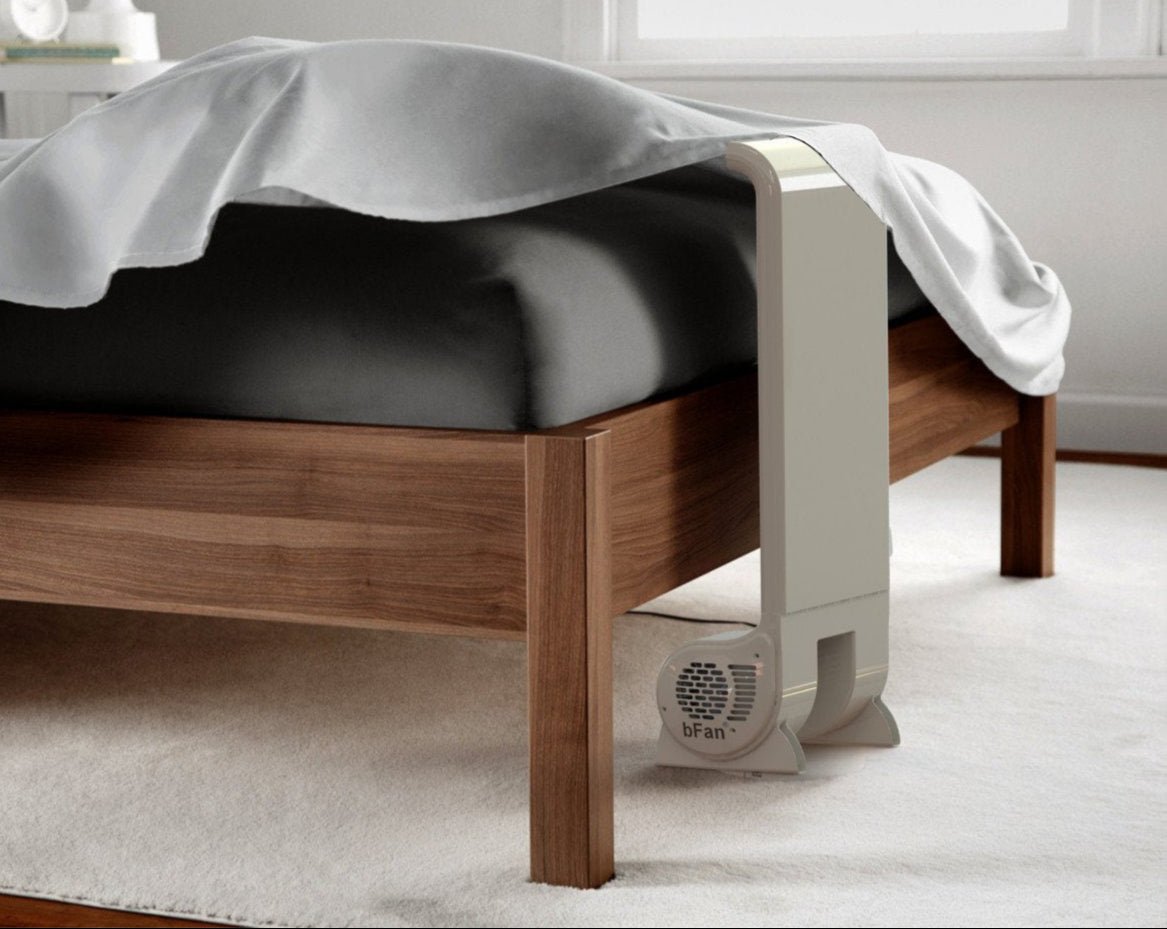What Sleep Is Best
What Sleep Is Best?
Sleep is a vital part of life, and it's something that we all do. But when was the last time you thought about how much sleep you should be getting each night? Or what types of sleep are best for your body? We're going to take a closer look at the different stages of sleep so that you can have a better understanding of what type of sleep is best.
Sleep Habits
Sleep is the foundation of good health, but what does that really mean? What does sleep do for us in the first place? And how many hours should we be sleeping to feel rested, alert, and energized throughout the day? These are all important questions to ask yourself if you're trying to improve your sleep habits—and hopefully, one day even get enough shut-eye so that you can wake up without an alarm clock!
Before we cover what type of sleep is best, let’s figure out how much sleep you need. This question is probably on everyone's mind when they're thinking about their daily rest and recovery schedule. The answer depends on several factors including age, gender, and how active or inactive someone is during their waking hours (i.e., exercise). Considering that most adults only get six hours on average (according to a recent poll), it's fair to say that our society doesn't prioritize getting enough shuteye as much as some other countries around the world!
How Much Sleep Do You Need?
- 7-9 hours. This is the recommendation of the National Sleep Foundation, but it's a broad range and you may need more or less sleep depending on your age, body size, lifestyle, health, and environment.
- If you're under 18 years old: You should get 9-13 hours of sleep per night.
- If you're over 18 years old: You should get 7-9 hours of sleep per night.
- The amount of sleep needed decreases with age until about 50 years old when your need for deep sleep increases slightly again until about 70 years old (when it decreases).
The Stages of Sleep
There are five different stages of sleep:
- Stage 1 - Very Light Sleep
- Stage 2 - Light Sleep
- Stage 3 - Deep Sleep
- Stage 4 - Very Deep Sleep
- REM (Rapid Eye Movement)
Sleep Stages 1, 2, and 3 are the lightest and most common stages of sleep. If you have trouble falling asleep or staying asleep, this is almost certainly why. When you're in a lighter stage of sleep your brain activity slows down, but muscle activity increases to prevent you from acting out your dreams if they become too intense. For example, if you're dreaming about having an accident while driving and suddenly jerk awake violently with your hand on the brake pedal, that's an example of what happens when muscle tension gets too high during light-stage sleep.
Rapid Eye Movement (REM)
REM sleep is when you are most likely to experience a dream. It is also the stage of sleep where your eyes move rapidly from side to side and up and down. REM sleep makes up about 20% of total sleep time for adults, but it can vary between 10-25% depending on your age.
Your brain enters REM during the last third of your sleeping period—so if you're going to bed at 10 p.m., then you’re likely to enter REM at around 2:00 in the morning. It doesn't happen all at once; instead, it happens in cycles throughout the night with each cycle lasting approximately 90 minutes (but again, that can vary based on age).
During this stage of sleep, our brains are active but we don't physically move around much (if at all); this makes it easy for us not only to have vivid dreams but also hallucinations or false perceptions—which explains why some say they can see ghosts while they're asleep!
The Bedfan will help you reach REM sleep faster and allow you to stay there longer.
The more time spent in REM the better rested we will feel when we wake up because our bodies release hormones called growth hormone during these periods which helps regenerate tissues such as muscle fibers and bone cells
In the end, while you can't choose what stage of sleep you'll spend the most time in during sleep, making sure that you are aiming to get an age-appropriate amount of sleep each night will increase your chances of spending the right amount of time in all of the sleep stages.

